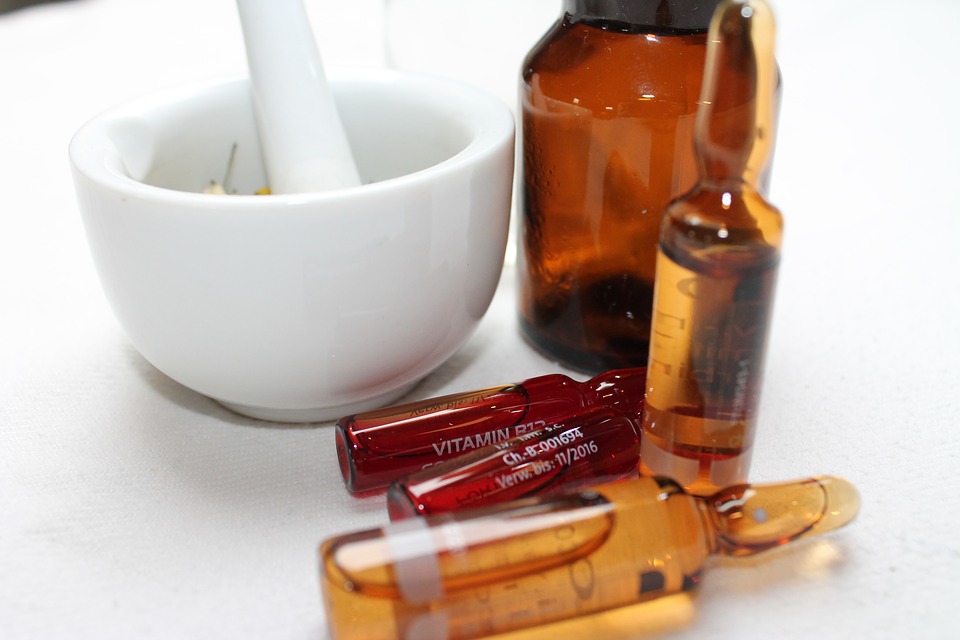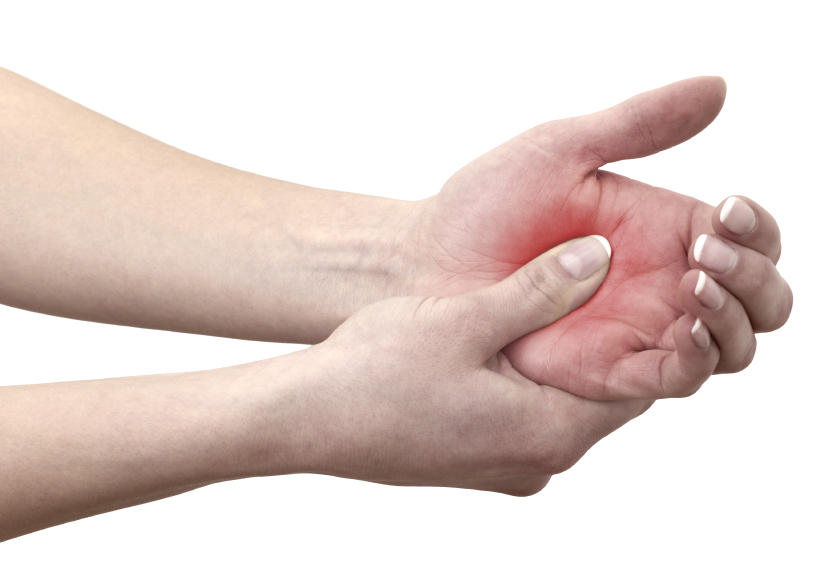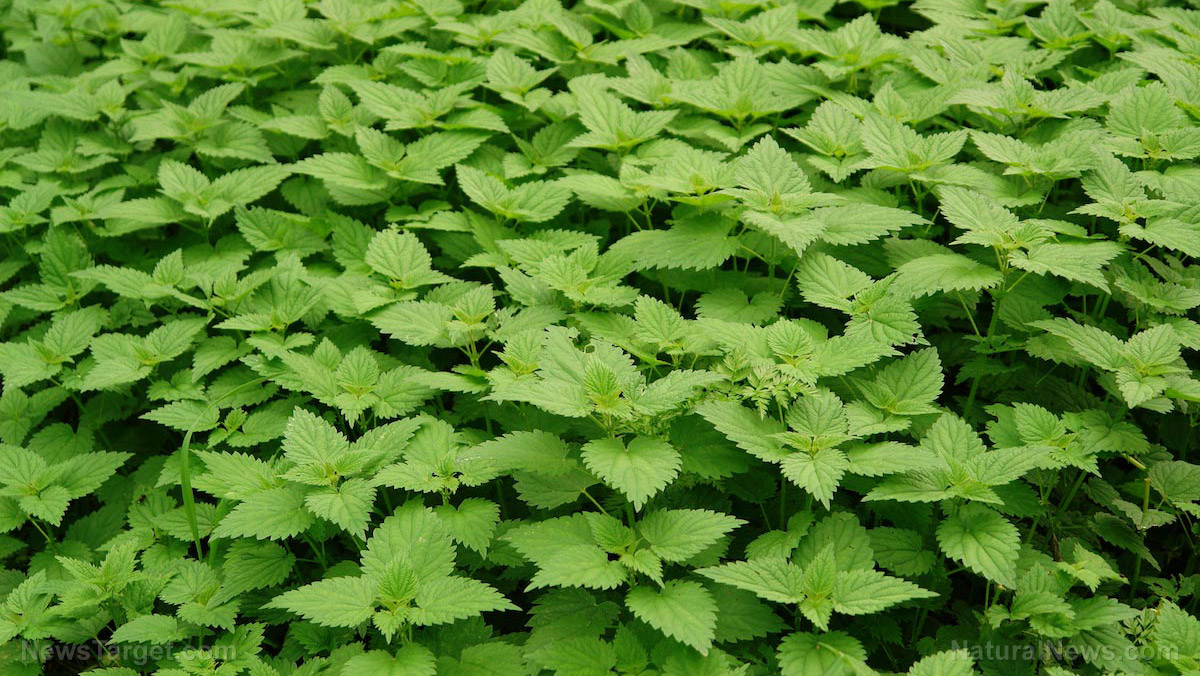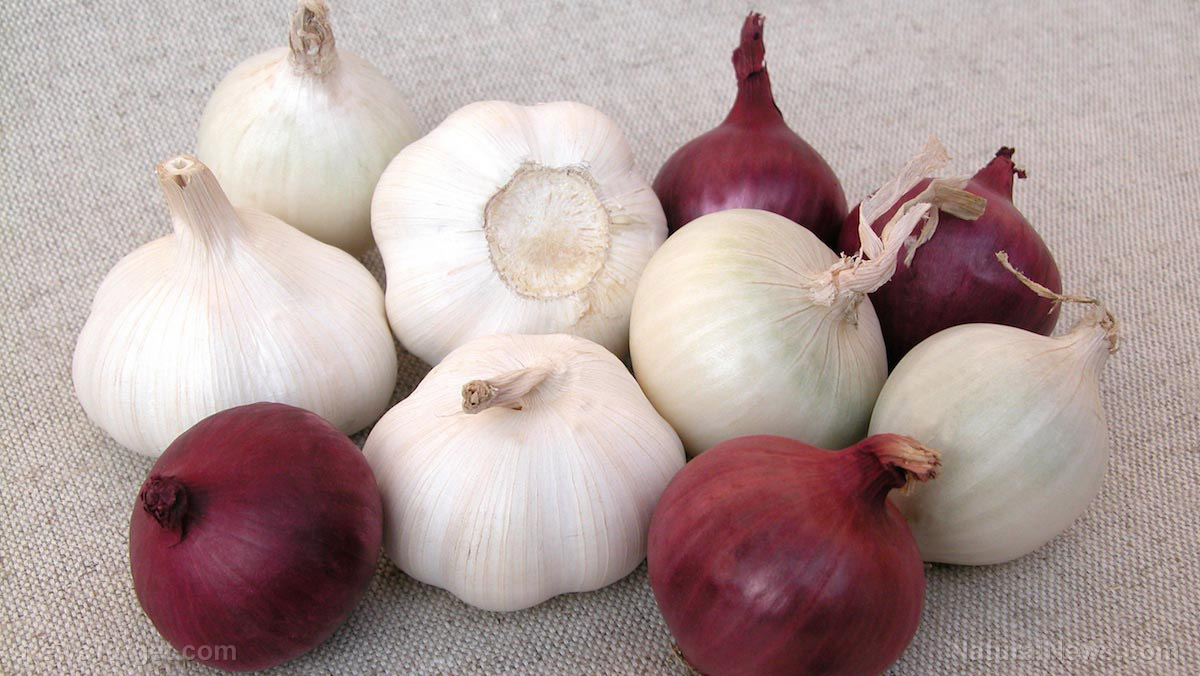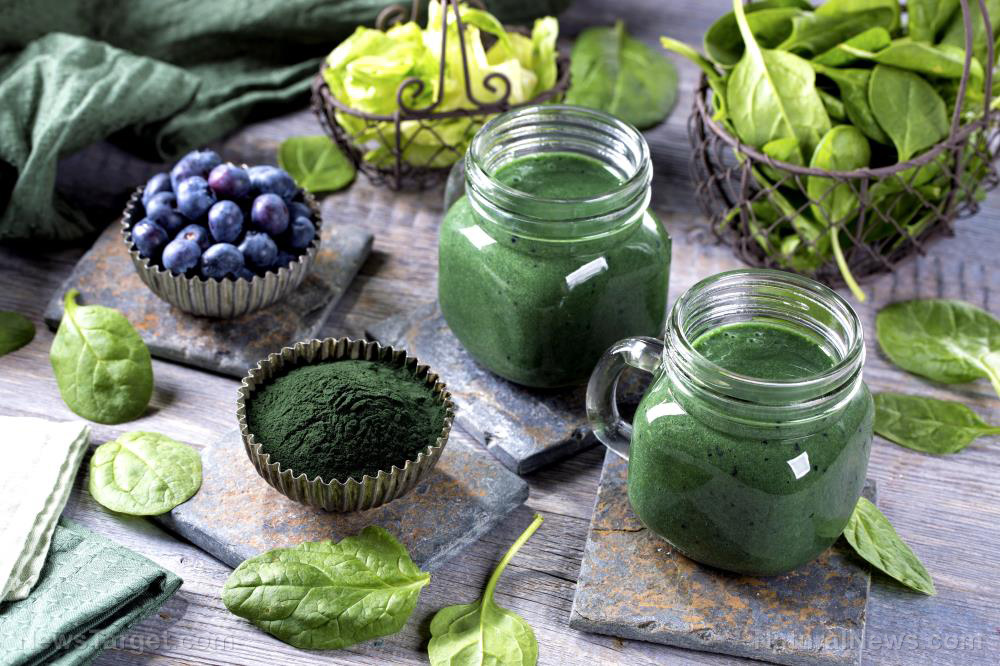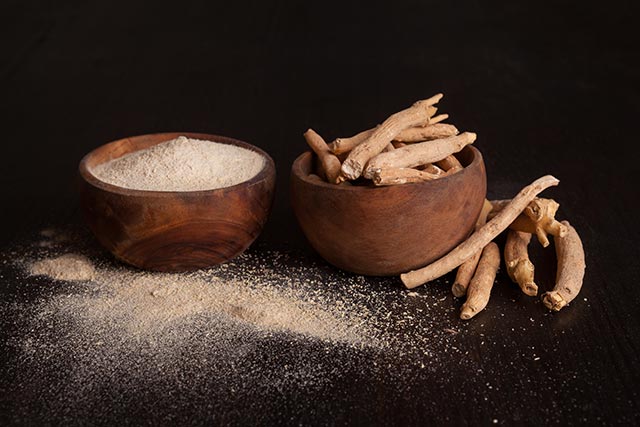Thyme essential oil has many uses in alternative medicine, as an antimicrobial, antispasmodic, and antioxidant
09/23/2018 / By Janine Acero

People have been using plants for various purposes for centuries, most notably for treating different kinds of illnesses. Essential oils derived from these plants, in particular, offer a wide array of medicinal properties that provide relief, prevention, and even reversal of symptoms and side effects.
The use of essential oils as medicine for millennia prompted researchers to study these plants extensively. The numerous components of essential oils can be used for a great variety of purposes, from foods to cosmetics, to treatments and therapies. Among these medicinal plants, the Thymus class (commonly known as thyme) is among the more well-known ones.
Thyme is widely used in Turkey as alternative medicine. The essential oil extracted from thyme is used to relieve symptoms of bronchitis and intestinal gas when used orally, as well as ease arthritis and rheumatism if applied topically to the skin. It is also used as a germ-killer in mouthwash and can be used against bacterial and fungal infections.
However, its benefits do not stop there. Researchers from Cumhuriyet University, Hacettepe University School of Medicine, Ankara University, and Marmara University discovered even more benefits from this potent herb, with its essential oil used as alternative medicine. These are published in their study titled, “Essential oil of Thymus pectinatus Fisch&Mey.Var.pectinatus: Chemical formation, antimicrobial, antioxidant, antispasmodic and angiogenic activities.”
Testing thyme essential oil
The researchers investigated the chemical composition of Thymus pectinatus (TP) and its antispasmodic (spasm relieving), antimicrobial, and antioxidant properties. First off, the researchers obtained the essential oil from thyme through a Clevenger distillation apparatus, which revealed 19 components, 92.93 percent of which is essential oil. Thymol is the second main component in TP, with 48.77 percent. The other components found are m-cymene, isoborneol, trans-caryophyllene, carvacrol, and ?-terpinene.
The researchers then analyzed the components for their antispasmodic activity. A test involving eight male Wistar albino rats, each weighing approximately 250 to 300 grams, revealed that certain doses of TP essential oil significantly reduced, and even stopped, the natural contractions observed on the ileum of the rat models. Moreover, the time span between the contractions got significantly longer.
Meanwhile, the antimicrobial activities of the essential oil were tested by exposing it to several pathogenic bacteria. The microorganisms tested include Staphylococcus aureus, Bacillus subtilis, Pseudomonas aeruginosa, Klebsiella pneumoniae, Escherichia coli, Salmonella typhi, Corynebacterium diphtheriae, and Proteus vulgaris.
The bacterial strains were cultured overnight at 37 C, and the ferment was cultured at 30 C overnight. After performing the test three times, the results showed that the TP essential oil prevented all tested microorganisms from cultivating, indicating that the essential oil has microbial inhibiting properties.
Finally, the researchers observed strong antioxidant activity from the essential oil of TP using the organic chemical compound 2,2-diphenyl-1-picrylhydrazyl (DPPH) assay and ?-Carotene/linoleic acid assay, identifying intense “free radical scavenging capacities” of the essential oil, as compared with using the synthetic antioxidant reagent Butylated hydroxtoluene (BHT).
The tests gave the researchers a look at how certain doses of thyme essential oil can be used to treat various diseases such as influenza (flu) and common colds.
The full study can be found in the African Journal of Traditional, Complementary and Alternative Medicines.
Other benefits of thyme essential oil
Thyme is already a well-known herb commonly used as a spice or condiment. Thanks to the medicinal properties of its essential oil, it has been used as a natural remedy for all kinds of problems, ranging from skin care to boosting the immune system. Here are some of the many health benefits of thyme essential oil as featured on the website OrganicFacts.net:
- Thyme essential oil gives relief from common menstrual symptoms like abdominal cramps, fatigue, and nausea. It also helps stimulate the production of progesterone, and keeps hormone levels in check in menopausal women, greatly improving their mood.
- Thyme essential oil is a cicatrizant, which means it can heal all kinds of scars and spots, making your skin look as good as new.
- Inhaling the aroma of thyme oil can boost your energy and relieve stress and anxiety.
Did you know that thyme essential oil is an effective insecticide as well? To know more about this tidbit, and other kinds of essential oils and their benefits, visit EssentialOils.news.
Sources include:
Journals.SFU.ca [PDF]
Tagged Under: alternative medicine, Antimicrobial, antioxidants, antispasmodic, aromatherapy, essential oils, herbal medicine, Herbs, medicinal herbs, medicinal plants, natural cures, natural medicine, Natural Treatments, Naturopathy, phytotherapy, therapies, thyme, thyme essential oil, Thymus pectinatus





